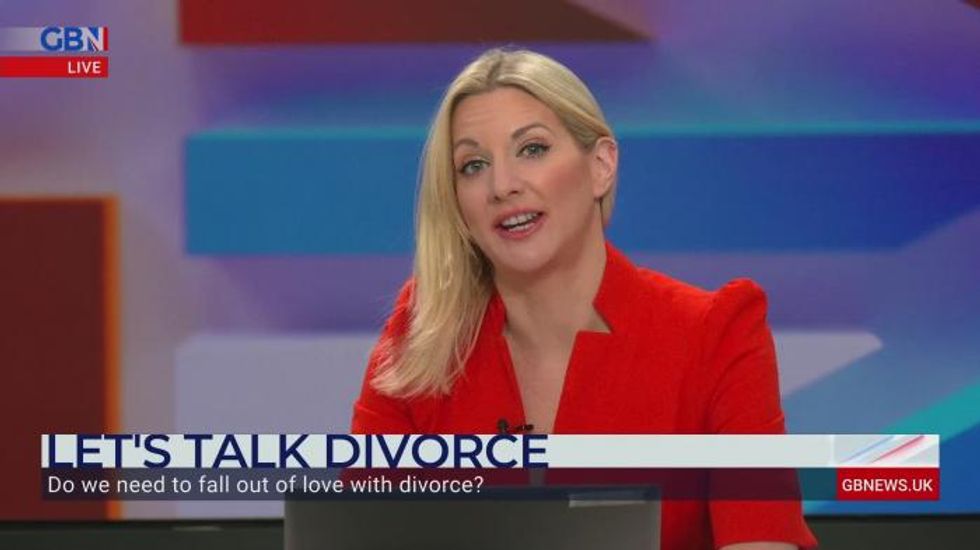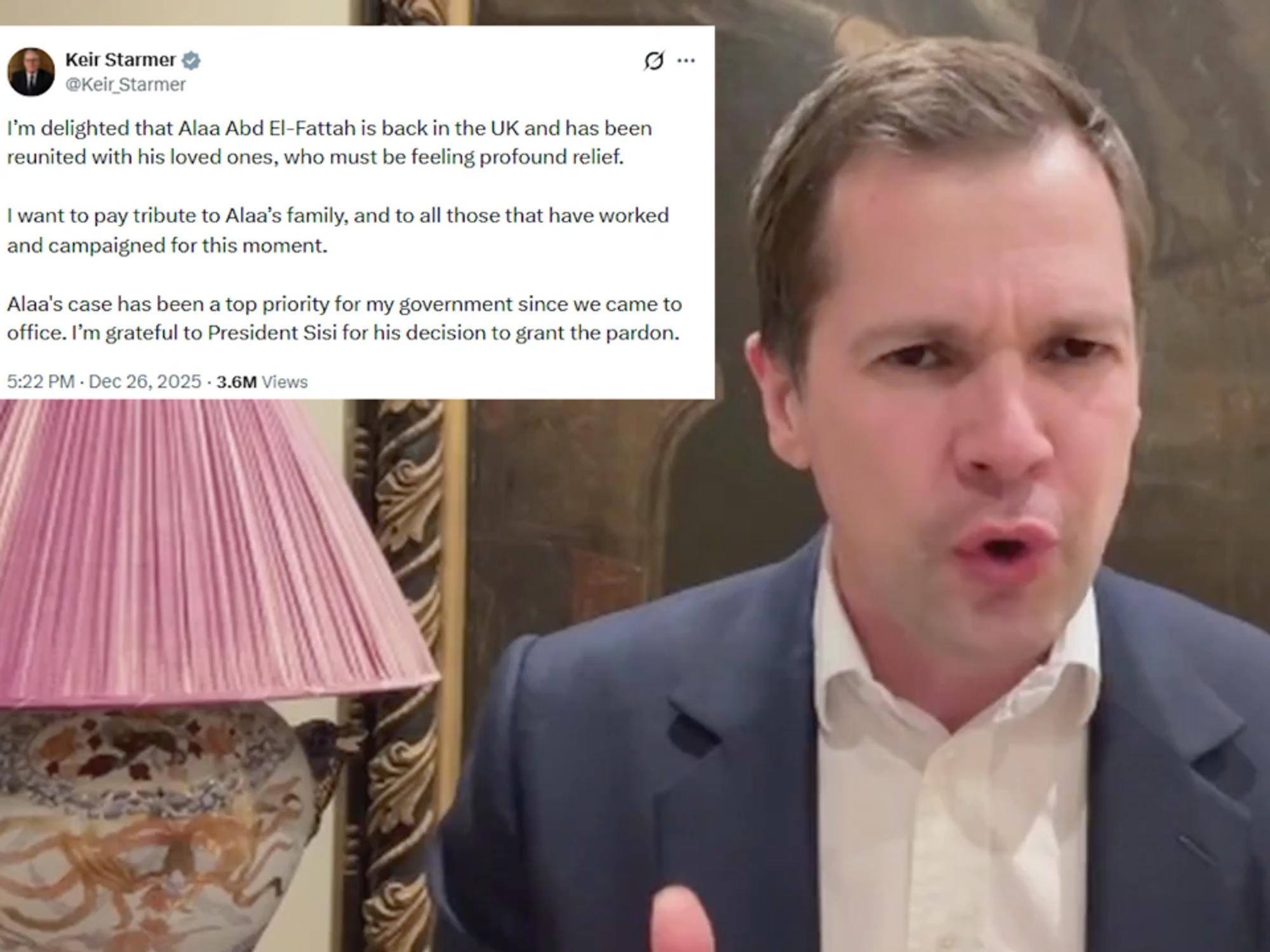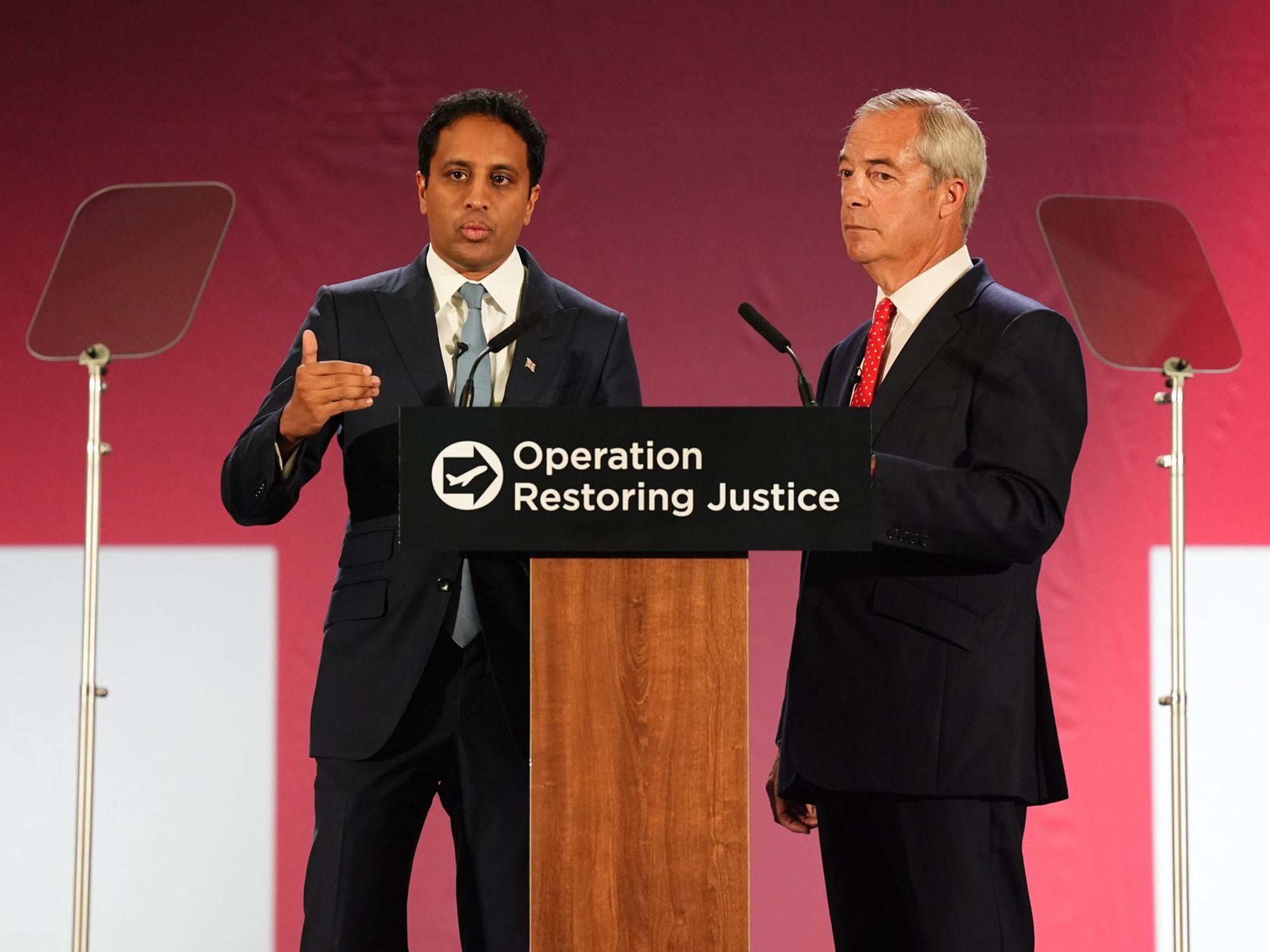Alex Phillips: Do we need to fall out of love with divorce?

By Alex Phillips
Published: 02/11/2021
- 16:24Updated: 02/11/2021
- 16:30The biggest decision someone is likely to take in their life is often left entirely to the whim of hormones and emotions, fragile, fickle and fallible feelings.
Don't Miss
Most Read
Over lockdown enquiries to lawyers about divorce doubled, with requests mainly coming from women. Having to spend 24 hours a day together, 7 days a week, made some couples realise Mr or Mrs Right was actually very wrong.
Divorce has been on the rise for decades as society has evolved, and with it the place of marriage in it. Far from the economic union of old where it was expected that the man was the breadwinner and the woman manager of home and hearth, the emancipation of women from the kitchen to the workplace and increasingly secularised society has placed an ironic burden on marriage: love itself. It sounds strange doesn’t it, but where before a match was forged on distinct familial roles and underscored by a contract with God, all of a sudden it has been stripped of such parts and the entire emphasis placed on matters of the heart.
The biggest decision someone is likely to take in their life is often left entirely to the whim of hormones and emotions, fragile, fickle and fallible feelings. While love has always played a significant role in marriage, the fact that today it is the Holy Grail as an idealised abstract concept has placed a onerous onus on both finding, and sticking by The One.
Today, pressure for blame free ‘quickie’ divorces represent this significant evolution. People can fall out of love as easily as fall in, and with the constructs of asset division and expected duty less impactful when both partners have jobs and are not bound by societal shame, offer a neater less combative approach to separation. But does it undermine the very institution of marriage? If such a contract is so easy to break, what was its worth in the first place?
Equally pre-nuptials, regarded by many in Britain as a strangely cynical and materialistic interpretation of matrimony and at odds with the assumed properties of true love and romance, are actually more in step with the fundamental principle behind marriage as a fusion of assets and allocation of roles and responsibilities. There are some that argue the very process of pre-marital mediation actually helps couples foresee issues and delineate the rules of their relationship in advance, future proofing their marriage by having a conversation that usually only takes place too late during separation.
In the absence of a pre-signed agreement, divorce can become a messy, brutal and highly destructive process, drawing into its mire relatives, friendships and children, leaving carnage in its wake.In an increasingly commodified, disposable society where sexual freedoms have been elevated to an extraordinary height and individualism has placed emphasis on the concept of total fulfilment, marriage has become an increasingly brittle bond, more often like the rope in a tug of war, and divorce, a societal norm.
So how can we get together and stay together - or if that’s impossible, consciously uncouple in the least destructive manner? Today, we really need to talk about divorce











